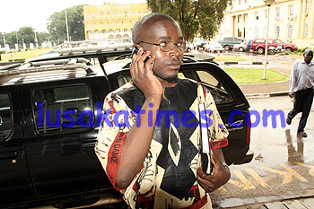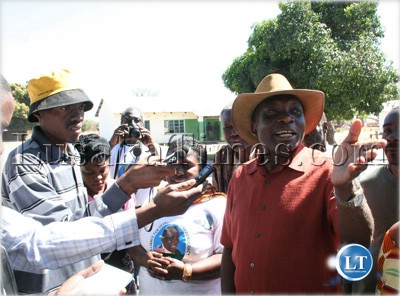 US First Lady Michelle Obama has been reunited with a group of British schoolgirls she met during a previous visit to the UK.
US First Lady Michelle Obama has been reunited with a group of British schoolgirls she met during a previous visit to the UK.
On the second day of President Barack Obama’s state visit Mrs Obama made a speech at Oxford University and took questions from the children.
She paid an emotional visit to their school in Islington, London, in 2009.
Mrs Obama had earlier co-hosted a barbecue at Downing Street with prime minister’s wife Samantha Cameron.
During her visit to Oxford on Wednesday the First Lady told the schoolchildren she was “thrilled to be back” in the UK and spoke of her own experience of making it from a poor background to a top university.
“I remember back when I was your age, trying to decide which schools that I would apply to. And I remember how well-meaning, but misguided, people sometimes questioned whether someone with my background could succeed at an elite university,” she told them.
Analysis
Sean Coughlan BBC News education correspondent
This was a different kind of special relationship.
In fact, Michelle Obama said she was “beyond thrilled” to be with this group of north London schoolgirls.
With disarming warmth and some First Lady hugs, Mrs Obama answered questions from pupils from Elizabeth Garrett Anderson school in Islington, brought to Oxford University to raise their horizons.
She told them about her own lack of self-confidence growing up and how they mustn’t “be afraid to fail”.
What did she think about Barack Obama when they first met? He was funny, smart, a “voracious reader”, “low key and not impressed with himself”, she told the girls.
For a meeting taking place under the blazing lenses of the press and the stern gazes of security teams, it was remarkably relaxed and almost intimate conversation.
What’s life like as First Lady? It was a strange mix of waking up in Buckingham Palace one day and then checking out her daughters’ homework the next day, she told them.
Or, as she put it: “It’s kinda cool.”
School report: Mrs Obama inspires excellence
She added that even after being accepted to university she had “all kinds of worries and fears and doubts” that she would be less prepared than students who had come from more privileged families.
“But after a few months… I realised that I was just as capable.
“I realised that success is not about the background you are from, it is about the confidence that you have and the effort you are willing to invest.”
Kept in touch
She had received a rapturous round of applause as she arrived at the university’s Christ Church college.
She greeted the pupils from Elizabeth Garrett Anderson (EGA) secondary school as she entered the college’s dining room, where the girls sat at two long tables to listen to Mrs Obama’s remarks.
Addressing the youngsters she said: “How are you doing? It’s good to see you again.”
The 37 girls were picked for today’s event because they were interested in science but not reaching their full potential.
Their meeting with the US president’s wife came after a day of activities for the pupils, including campus tours, career discussions and mentoring sessions.
Gabrielle Watts says she was inspired by Michelle Obama on both her meetings with Elizabeth Garrett Anderson school pupils
The trip – arranged at Mrs Obama’s suggestion – was designed to encourage the girls to think about studying for a degree.
Since visiting EGA in 2009, Mrs Obama has kept in touch with the school, writing letters and encouraging the girls in their studies.
During questions she said she had not changed her parenting philosophy towards the Obamas’ two daughters since moving to the White House.
She said that, although she was proud and grateful for her education and career accomplishments, she believed her most important current role was to raise “strong women” and to teach her children not to be afraid to learn from failures and mistakes.
Taking tea
On Tuesday the White House released a photo of Samantha Cameron and Mrs Obama having a chat in the prime minister’s home.
The photo was taken in the contemporary-style kitchen in the Camerons’ four-bedroom flat above 11 Downing Street. Like the Blairs and Browns before them, the couple chose to live there rather than in the smaller apartment above Number 10.
Mrs Obama wore a vibrant purple wool-crepe dress which, when she arrived, was teamed with a blue coat by New York designer Narciso Rodriguez, while Mrs Cameron chose a British design – a Peter Pilotto embroidered floral silk dress.
The leaders’ wives co-hosted a barbecue in the garden at Downing Street
The barbecue in the garden at Downing Street was held to honour the sacrifices of members of the UK and US militaries.
Meanwhile US president Barack Obama and UK prime minister David Cameron have been celebrating the US-UK relationship as “stronger than ever”.
Questions about the international community’s strategy in Libya featured heavily in a press conference on the second day of the state visit.
President Obama, who later made a key foreign policy speech to MPs and peers on the second day of his state visit, said the US-UK relationship was based on “shared ideals and shared values” not merely “warm sentiment and common history”.
[BBC NEWS]











